 Abraham Lincoln
If given the truth, the people can be depended upon to meet any national crisis...
Abraham Lincoln
If given the truth, the people can be depended upon to meet any national crisis...
 Guildford news...
for Guildford people, brought to you by Guildford reporters - Guildford's own news service
Guildford news...
for Guildford people, brought to you by Guildford reporters - Guildford's own news service
Life in Solitary: There Are Different Sorts of Isolation
Published on: 30 Oct, 2020
Updated on: 1 Nov, 2020
The Lockdown Diary of Tony Edwards
Why my first ‘Isolation’ was short-lived
Long before Coronavirus stalked the planet and ‘social distancing’ hadn’t yet been invented, my wife and I were searching Surrey for a house which would give us privacy, peace and, above all, splendid isolation from neighbours and the rest of the world. The 13th century ‘Mill House’ at Wonersh filled the bill.
Slap bang in the middle of 12 acres of exquisitely planted, mature gardens, the Grade II listed, 7-bedroomed house, with nearby mill and two cottages, was an oasis of peace and tranquillity, set on the edge of its own one-acre lake. And not a next-door neighbour or rooftop for as far as the eye could see.
The biggest obstacle to buying this idyllic haven was its owner, a Saudi Princess, who always seemed to be on a visit to Harrods when urgent questions from our solicitor needed answering. But, after months of protracted negotiations, we finally moved in on a wet November 5th afternoon and began scheduling the extensive renovations. These would include deleting her royal highness’s personal ‘improvements’ – like the blue and pink suede material she’d plastered all over the walls and ancient beams.
Soon after eight the following morning, our three dogs – two Dalmatians and a Lurcher – set off to explore their new 12-acre domain but, less than half an hour later, there was a loud and urgent hammering on the sturdy oak, mill house door.
“You dogs are in my garden,” protested a clearly agitated lady on one of those vicars’ bikes with a wicker basket on the handlebars. “And they’re chasing our ducks.”
“Your garden?” I repeated. “Where, in heaven’s name, is your garden?”
She pointed to a distant wooded area and some tall trees, off to the west of the property. “Lostiford House,” she said. “We’re your next-door neighbours.” Our dreams of idyllic isolation, with ‘socially distanced’ neighbours, were shattered in an instant. They’d lasted less than 24 hours and were never recaptured.
 Pritti and the ‘Leftie’ Lawyers
Pritti and the ‘Leftie’ Lawyers
I was amused to see that more than 800 former judges and legal big wigs had signed a letter calling on Pritti Patel and Boris to apologise for describing them as “Lefties” and “Activists”. The learned legal beagles apparently couldn’t see the irony of submitting their letter for publication in the left-wing Guardian newspaper.
Who Dares Avoids Unnecessary Risks
This week’s nine-minute storming of the oil tanker Nave Andromeda by Special Boat Service commandos, sliding down ropes from helicopters, brought back memories of one of my most memorable – and certainly most unusual – PR assignments.
Anglian Windows had decided to sponsor a group of SAS officers to climb the north face of Everest and it was my job to ensure maximum press coverage during and after what the SAS team described as “walking up mountains”. They were all highly experienced climbers and I recall that during our first meeting, two of them asked how many toes I had. “Ten,” I said. “Then we have ten toes between the three of us,” they chuckled – explaining that they’d both lost their toes to frostbite on previous climbs.
But it was during a promotional tour of Anglian sales offices that a PR problem cropped up. We were about to descend into Exeter airport in a helicopter, ready to attend a press briefing I’d arranged only hours earlier, when they decided it was too dangerous; something about the crosswinds being too strong for a safe landing.
 “How can I tell the press the SAS refused to land because it’s too windy?” I protested. The one they called ‘Brummy’ glanced at his friend ‘Bronco’, shrugged his shoulders and quietly but firmly explained that “the regiment” always took the utmost care to avoid unnecessary risks. It was, he said, a cardinal rule; one of the most important elements of success and survival.
“How can I tell the press the SAS refused to land because it’s too windy?” I protested. The one they called ‘Brummy’ glanced at his friend ‘Bronco’, shrugged his shoulders and quietly but firmly explained that “the regiment” always took the utmost care to avoid unnecessary risks. It was, he said, a cardinal rule; one of the most important elements of success and survival.
I can’t quite remember what I finally told the press pack when, eventually, we landed, but I know we avoided any embarrassing coverage and the word ‘Windy’ wasn’t mentioned in any resultant headlines. But I learned, that day, that while ‘Who Dares Wins’, they do so by avoiding as many potential pit-falls as humanly possible.
Playing the Numbers Game for Profit
I‘m no financial whizz kid but I’d bet that one of the best performing small investments of the past 25 years has been personalised number plates – or cherished numbers as they are known. And with the banks threatening to charge us interest to look after our own money, and share prices continuing to slide in the wake of fears for a deteriorating economy, you could do a lot worse than screwing your initials to the front and back of your car.
I mention this because I’ve recently sold two cherished numbers – 66TE and 63TE. They were bought for just £100 a time back in the 1970s but, I’m pleased to report, sold for substantially more than that.
If the 1958 Bentley S1 and the 1968 Volvo P1800 ‘Saint’ car, which carried the numbers, had appreciated at the same rate, they’d have fetched well over £100,000 each when I sold them. But they didn’t.
That said, the other great small investment of recent years has undoubtedly been classic cars, from the production line favourites through to the hand-made super-cars. Take a look at the classic car web sites to, hopefully, still bag a high yield bargain.
A Second-Hand Compliment
It was shortly after the mechanical, coachwork, and interior renovation of my ageing Bentley, in 2001, that the beginnings of a story about a ‘haunted’ car first dawdled, slowly, across my mind. So I began jotting down notes for what eventually turned out to be my first novel – ‘Wilson Lacigam’s Bentley’.
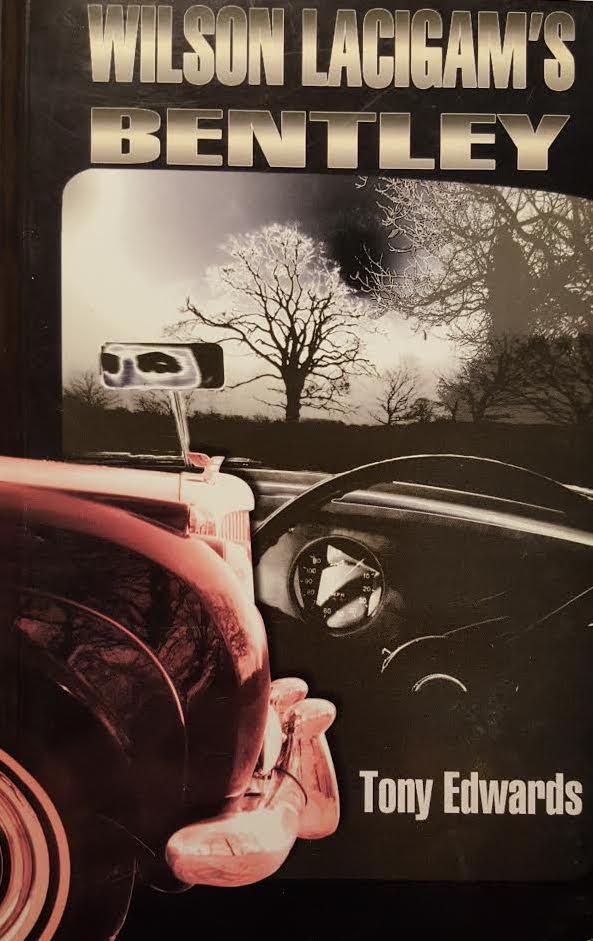 The story begins on the day Wilson Lacigam [say Lassygam] suffers a fatal heart attack. But although the hereafter beckons, he is speedily returned to the here-and-now with an urgent brief, from on high, to prepare for the arrival of a modern-day ‘Messiah’ – a quiet and unimposing young man with world-shattering ideas and lousy dress sense.
The story begins on the day Wilson Lacigam [say Lassygam] suffers a fatal heart attack. But although the hereafter beckons, he is speedily returned to the here-and-now with an urgent brief, from on high, to prepare for the arrival of a modern-day ‘Messiah’ – a quiet and unimposing young man with world-shattering ideas and lousy dress sense.
Cue a crack PR team with a brief to turn the 21 st century ‘Messiah’ Into a high-profile media personality so that his universal rules of life and death – wrapped up neatly in a twelve-page ‘Handbook for the Soul’ – will be accepted by a pop culture which worships instant fame and a prefabricated ‘celebrity’ image.
I won’t bore you with the details other than to say that ‘Wilson Lacigam’s Brentley’ was published in paperback two years later in 2003 with a cover price of £6-99p. It did not enjoy rapturous critical applause and sold only moderately well so, unsurprisingly, it was out of print within two years when my somewhat meagre royalties finally dried up.
I’d just started work on a new book when a friend in California called to say that copies of ‘Wilson Lacigam’s Bentley’ were selling there for upwards of £60 on the second-hand book market and had become something of a cult read. I urged the UK publisher to re-print the book but they declined. The second-hand boom, they said, was a short-term fad.
It’s a sad fact that authors receive no royalties from second-hand book sales so the used book dealers in LA were the only people to turn a profit on my first novel. My second did rather better.
Why I Never Dreamed ‘Joseph’ was a Winner
I‘d never heard of Andrew Lloyd-Webber and Tim Rice, or their collaborative ‘pop’ musical gem Joseph & the Amazing Technicolour Dreamcoat, when I became involved in the publicity and promotion of the now internationally acclaimed album and show. Yesterday (October 29th) was the anniversary of the invitation from Andrew to help create the fabled ‘Dreamcoat’ on which some of the PR programme would eventually focus. I’m sure of the date because I kept the letter.
The plan was to feature a specially designed multi-coloured ‘coat’ on the sleeve of the record and create a media buzz around the coat itself. A simple enough PR brief – and it all went to plan.
Back then, however, I was singularly unimpressed with the whole idea – with particular concerns about Tim Rice, who while managing a fair impersonation of his idol, Elvis Presley, when he recorded the ‘Pharaoh’ number for the album, would burst into Elvis mode, loudly and at the drop of a hat. And I was fairly sure they’d both be arrested on blasphemy charges after they confided to me that they were already working on a more ambitious ‘pop’ musical about the crucifixion, called ‘Jesus Christ Superstar’.
But I kept the letter from October 29th 1968 as a reminder that my personal assessments of the likely success or failure of off-beat creative ventures like ‘Joseph’ have sometimes been a bit wide of the mark. My cynical eyes could see only two enthusiastic but naïve musical daydreamers when, as we now know, I was witnessing the birth of one of the most important composer/lyricist collaborations of the last century.
Which is why, exactly 52 years on, I now prefer to keep schtum than pass judgement on young innovators.
Bring Back the Letter ‘T’
Time to make a stand against the ever-expanding trend for dropping the letter T from keywords and Distor*ing the English language. It’s a To*al abdication of Responsibili*ee to turn a deaf ear to Universi*ee Studen*s, Chari*ees, Trend-se**ers the Labour Par*ee and a few Sophisica*ed people who should know Be**er who have Delee*ed the Le**er T and Sha**ered it In*o Li**le pieces.
Time, perhaps, to get a Consor*ium of Poli*ical Nobili*ee involved in Reinsta*ing the T before this Travers*y of language seeps into English Li*eracher. Maybe, for star*ers, we could persuade Pri*ee Pa*el to lend a hand? She’s got Pre**y good Curriculum Vi*ae for Upse**ing the Trai*ors in our Socie*ee.

"Found any?" - "Nope, it all looks green to me!" (See Opinion: The Future is Congested, the Future is Grey)


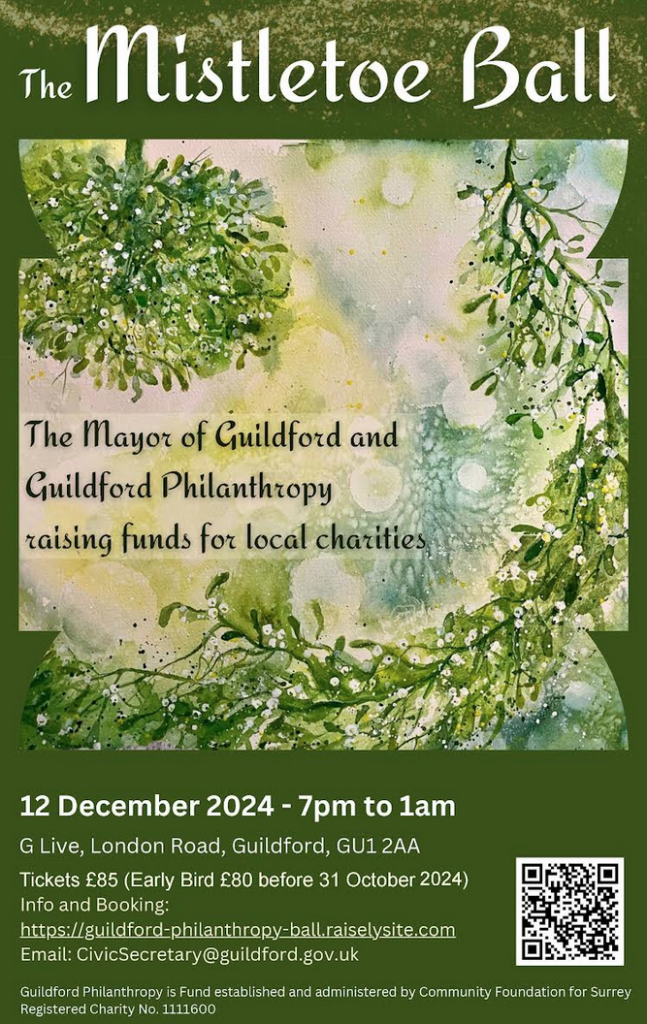

Recent Articles
- Letter: 1950s Memories of Woodbridge Park House
- Sara Sharif Trial Latest – Prosecution Sums Up, Violence Towards Sara Became ‘Normalised’
- Ash Manor School Closed After Fire Breaks Out in Outbuildings
- Parish Council and CPRE Pleased with MP’s Support for Call In of Solar Farm Decision
- Letter: The Active Travel Proposal Is the Safest Option for London Road
- Select Committee Votes to Refer London Road Decision Back to SCC Cabinet
- Letter: SCC Chose Not To Verify Our Survey
- Letter: Insensitive Management of Diseased Ash Trees Has Had Devastating Impact
- Dragon Review: Rebus – A Game Called Malice – Yvonne Arnaud Theatre
- MP Supports Call In Request of ‘Nationally Significant’, Solar Farm Planning Decision


Search in Site
Media Gallery
Dragon Interview: Local Artist Leaves Her Mark At One of England’s Most Historic Buildings
January 21, 2023 / No Comment / Read MoreDragon Interview: Lib Dem Planning Chair: ‘Current Policy Doesn’t Work for Local People’
January 19, 2023 / No Comment / Read MoreA3 Tunnel in Guildford ‘Necessary’ for New Homes, Says Guildford’s MP
January 10, 2023 / No Comment / Read More‘Madness’ for London Road Scheme to Go Ahead Against ‘Huge Opposition’, Says SCC Leader
January 6, 2023 / No Comment / Read MoreCouncillor’s Son Starts Campaign for More Consultation on North Street Plan
December 30, 2022 / No Comment / Read MoreCounty Council Climbs Down Over London Road Works – Further ‘Engagement’ Period Announced
December 14, 2022 / No Comment / Read MoreDragon Interview: GBC Reaction to the Government’s Expected Decision to Relax Housing Targets
December 7, 2022 / No Comment / Read MoreHow Can Our Town Centre Businesses Recover? Watch the Shop Front Debate
May 18, 2020 / No Comment / Read More





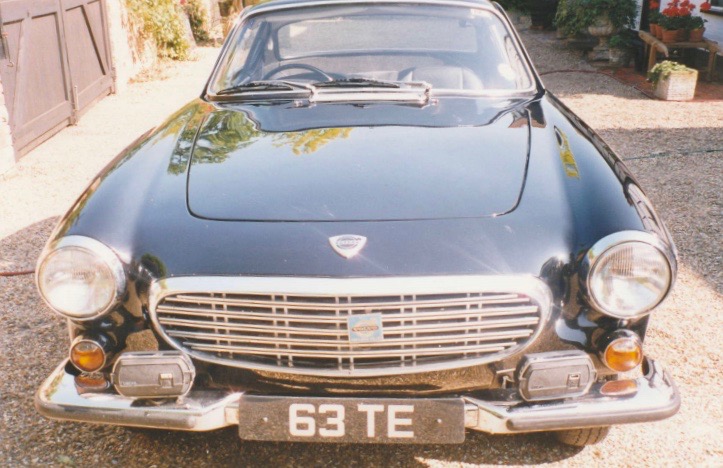
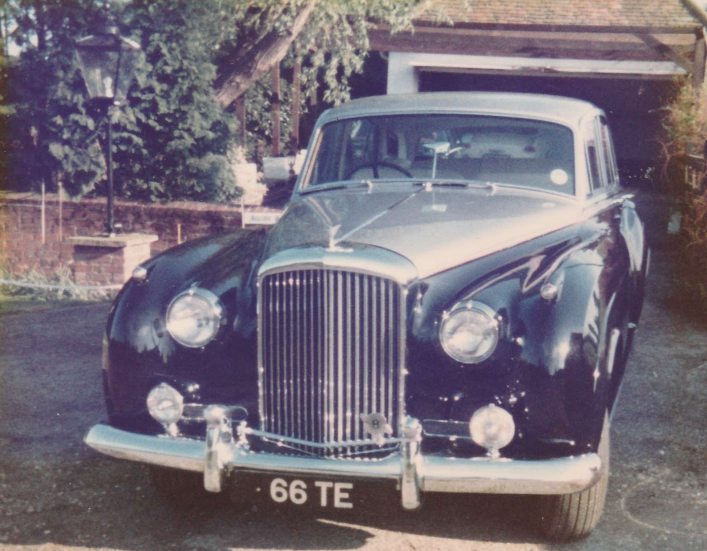
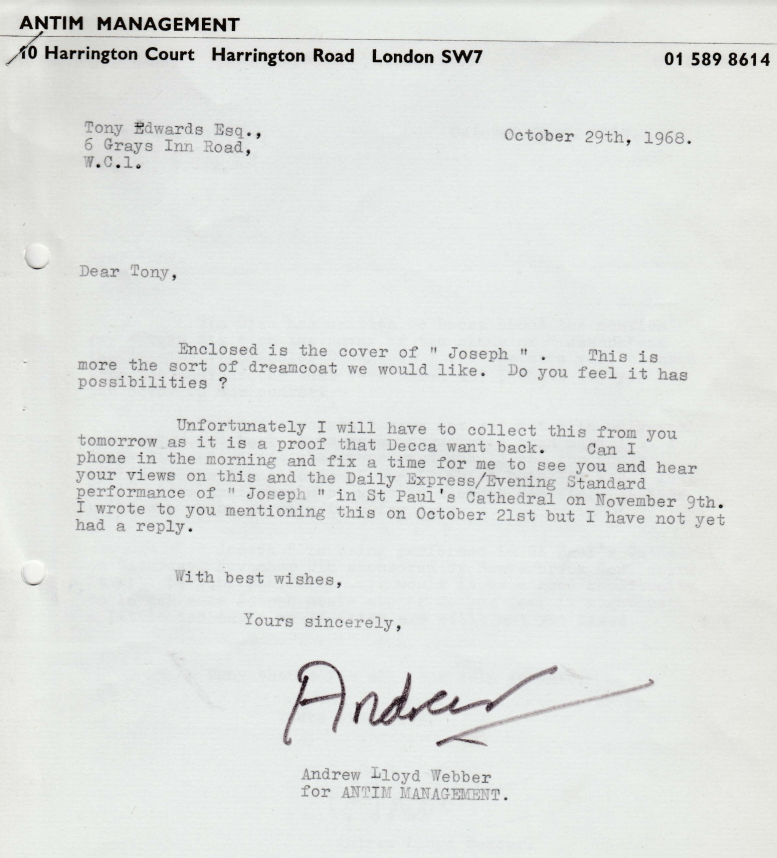



Recent Comments